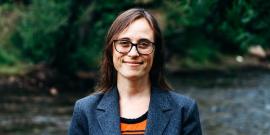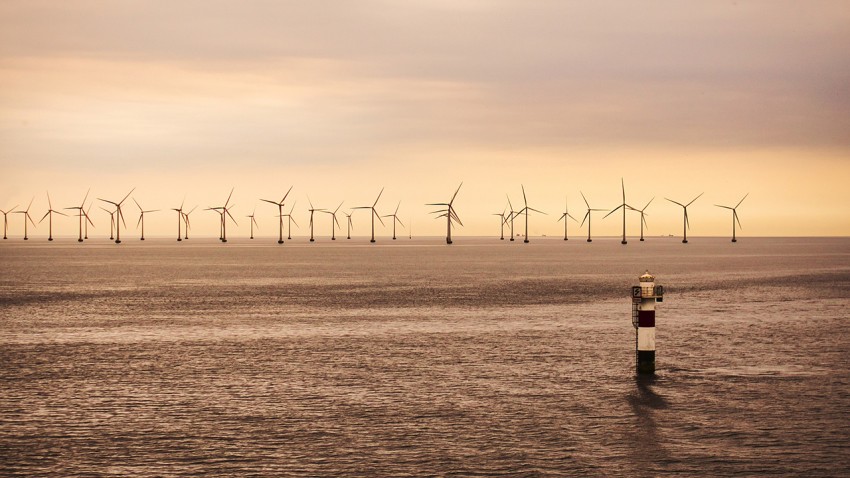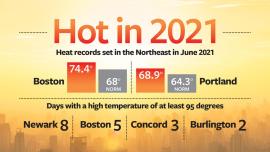
June launch for NASA-Cornell tool to view dust from space
Scientists soon will see Earth’s atmospheric dust in high-resolution, thanks to new spectrometer expected to launch June 7 aboard a SpaceX rocket to the International Space Station. Read more

Scientists soon will see Earth’s atmospheric dust in high-resolution, thanks to new spectrometer expected to launch June 7 aboard a SpaceX rocket to the International Space Station. Read more
%20-%20850x478.jpg
)
Two current Ph.D. students in geological sciences—Andie Gomez-Patron and Olivia Paschall—have received National Science Foundation Graduate Research Fellowships. Additionally, incoming Ph.D. student Kayla Russo also received an NSFGRF. Gomez-Patron, who earned her bachelor’s degree from Northwestern University, works with Matt Pritchard, Professor and Director of Graduate Studies for Geological Science. Paschall, who received her undergraduate degree from Appalachian State University in Boone, NC, is studying under Associate Professor Rowena Lohman. Russo, who will be working with Assistant... Read more

Muawia Barazangi, professor emeritus of earth and atmospheric sciences, died March 30 in Ithaca at the age of 80. Read more

Swelling colloids – mixtures, such as milk and paint, in which particles are suspended in a substance and which can grow up to 100 times larger under certain temperatures – could be used to fix flow pathways in underground geothermal systems, a problem that has hobbled investment in geothermal energy. Read more

Muawia Barazangi, professor emeritus in the Department of Earth and Atmospheric Sciences at Cornell University, has passed away. Barazangi was known as a pillar of the EAS community and a foundational presence in the department. "Barazangi was one of our department's more prominent scholars. I have known him my entire professional career," said Geoff Abers, the William & Katherine Snee Professor in Geological Sciences and the chair of the Department of Earth and Atmospheric Sciences. "He was also a warm, deeply caring individual who made an impact on many people’s lives. He will be missed." In... Read more

By the end of this century, Cornell’s Flavio Lehner and others said that megadroughts – extended drought events that can last two decades – will be more severe and longer in the western U.S. than they are today. Read more

Angeline Pendergrass, assistant professor in the Department of Earth and Atmospheric Sciences, is the recipient of a 2022 Outstanding Early Career Award presented by the American Meteorological Society (AMS) Scientific and Technological Activities Commission (STAC). The award recognizes Pendergrass’ fundamental contributions to understanding the dynamics of extreme precipitation and its response to greenhouse gas forcing, the radiative forcing caused by greenhouse gases that humans emit. Pendergrass’ area of study is Earth's hydrologic cycle. Her research focuses on extreme precipitation and... Read more

A new Cornell study could help inform the development of offshore wind farms by providing detailed models characterizing the frequency, intensity and height of low-level jet streams over the Atlantic coast. Read more

For the Northeastern U.S., the year 2021 was third warmest – at an average of 49.5 degrees, which ties the year 2020 – since 1895, says the Northeast Regional Climate Center. Read more
Far above the isle of La Palma in Spain’s Canary Islands, two Cornell scientists closely examined the airborne effects of the erupting Cumbre Vieja volcano. Read more